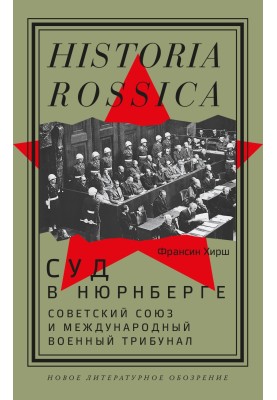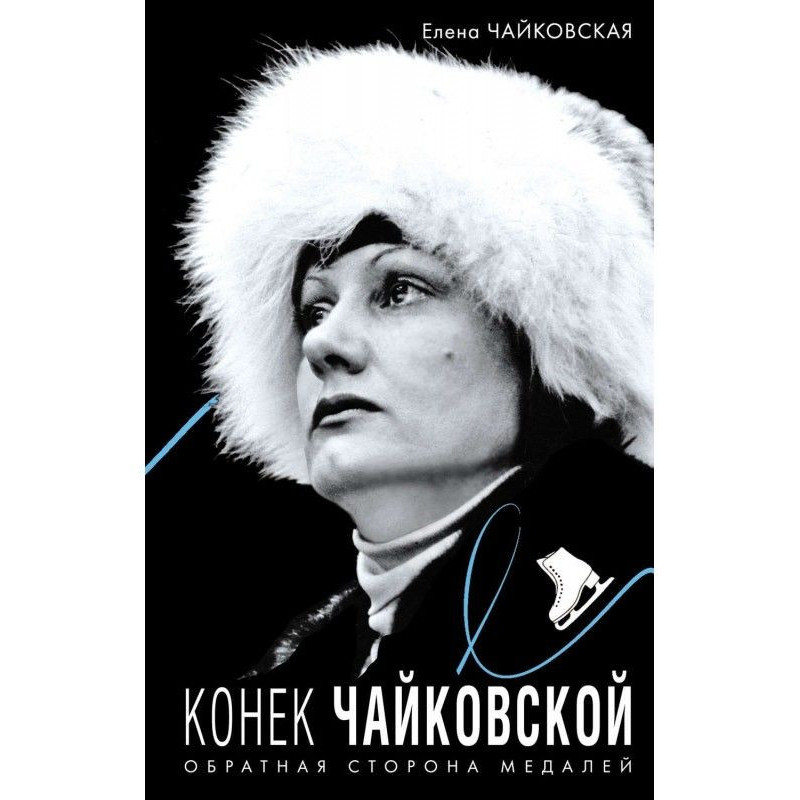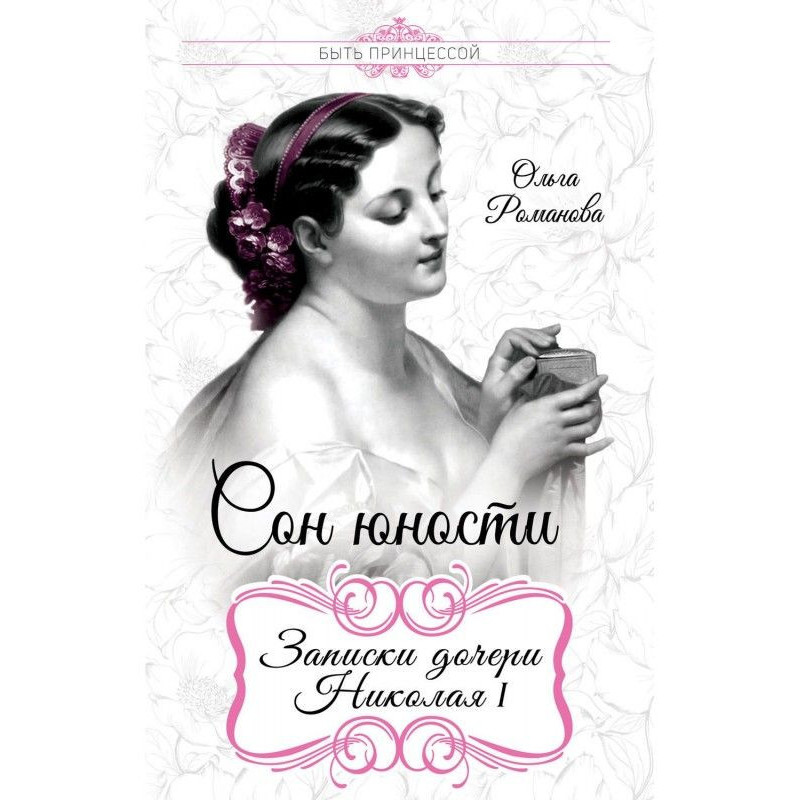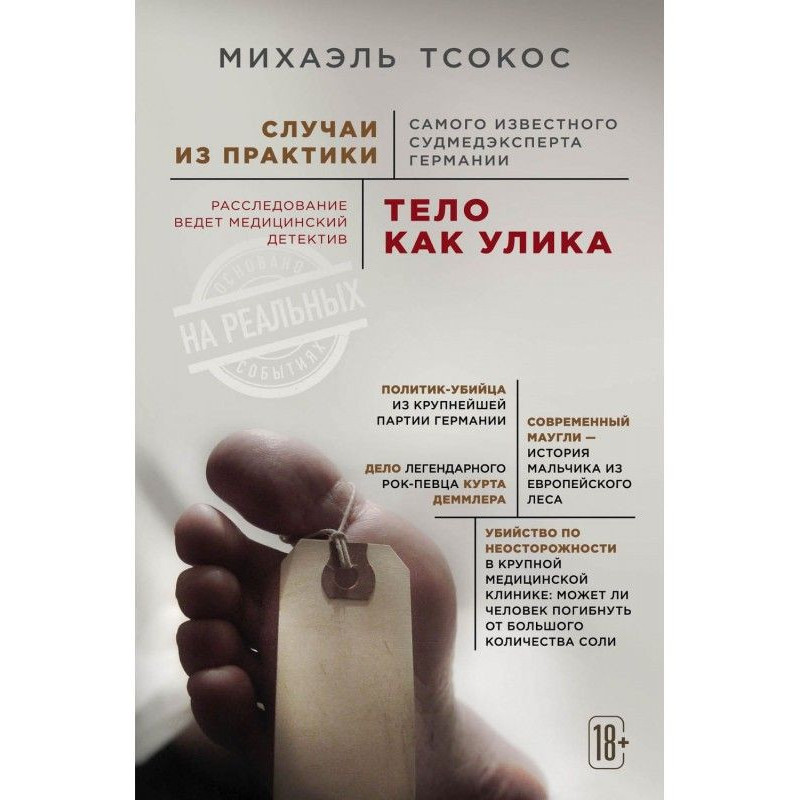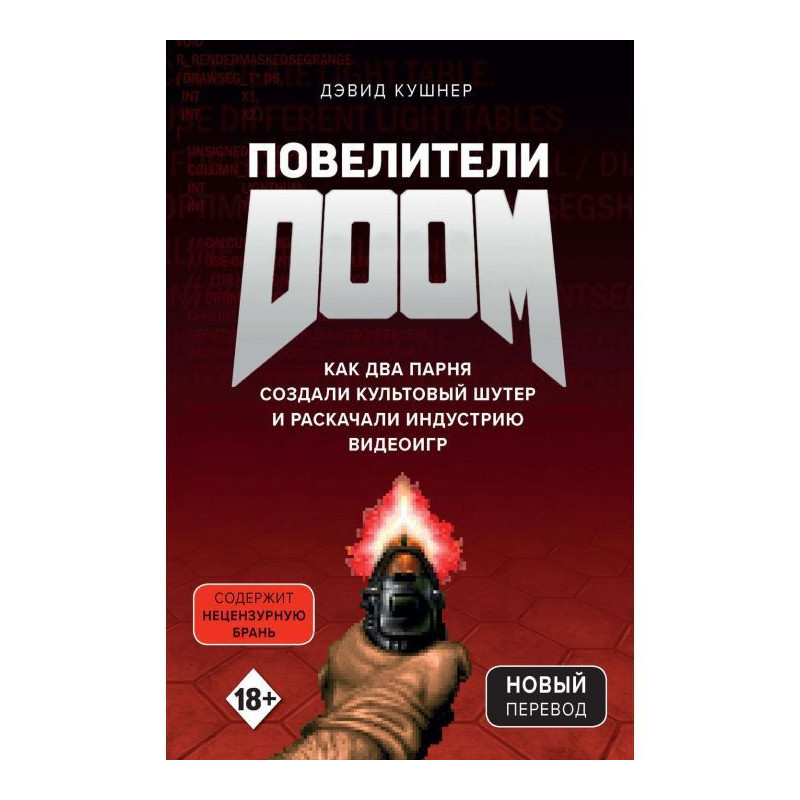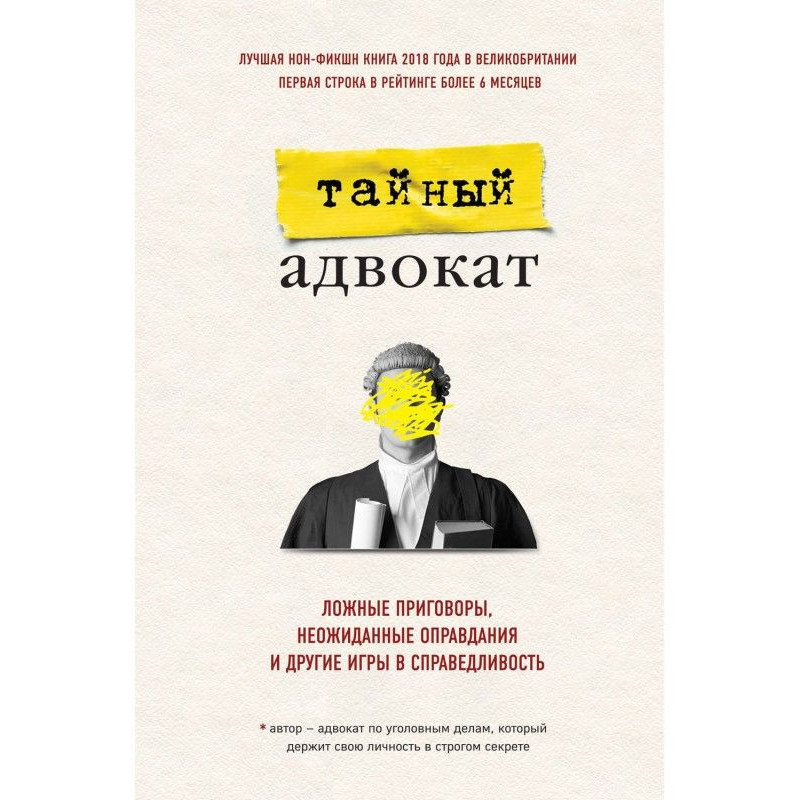Court in Nuremberg. The Soviet Union and the International Military Tribunal
 Instant download
Instant download
after payment (24/7)
 Wide range of formats
Wide range of formats
(for all gadgets)
 Full book
Full book
(including for Apple and Android)
The International Military Tribunal (IMT), or Nuremberg Trials, organized by the victorious Allied powers immediately after World War II, was intended to bring the Nazis to justice for their crimes and restore a sense of justice to a world ravaged by violence. And although the role that the Soviet Union played in organizing this trial is fundamental, it is often lost in modern accounts. As Francine Hirsch shows, without Soviet participation Nuremberg would never have happened: it was Soviet jurists who developed the legal framework treating war as an international crime, which gave the trial a legal basis. However, Stalin’s attempts to remotely control the course of the trial disrupted the plans of the Soviet side, the American side imposed its strategy of prosecution, and the Nazi defense side openly raised the issue of the USSR’s involvement in crimes against peace at Tribunal meetings. When relations between the four allied countries finally deteriorated, Nuremberg turned from a symbol of justice into an early front of the Cold War. The book gives the reader a front-row seat to the Nuremberg courtroom and a behind-the-scenes look where its organizers shared secrets, charted strategies, and forged alliances. Francine Hirsch is a professor of history at the University of Wisconsin-Madison, USA.
Data sheet
- Name of the Author
- Франсин Хирш
- Language
- Russian
- Translator
- Роберт Уралович Ибатуллин
Reviews
Вражаюча та глибока аналітика історії Нюрнберзького процесу
Книга "Суд у Нюрнберзі. Радянський Союз та Міжнародний військовий трибунал" від Франсін Хірш є надзвичайно важливим внеском у розуміння не лише самого процесу, але й ролі, яку відіграли різні держави у його організації. Автор детально розкриває, як Радянський Союз став основним рушієм у створенні правової основи для судового процесу, що стало важливим кроком у встановленні міжнародного права. Хірш майстерно описує складні відносини між союзниками, показуючи, як політичні інтереси впливали на хід судового розгляду. Читачі отримують можливість не лише бути свідками історичних подій, але й заглянути за лаштунки, де відбувалися інтриги та стратегічні маневри. Книга написана зрозумілою мовою і містить безліч документальних свідчень, що робить її цінним джерелом для всіх, хто цікавиться історією Другої світової війни та міжнародного права. Це обов'язкове читання для тих, хто хоче зрозуміти, як важливою була роль СРСР у формуванні нової світової системи після війни

